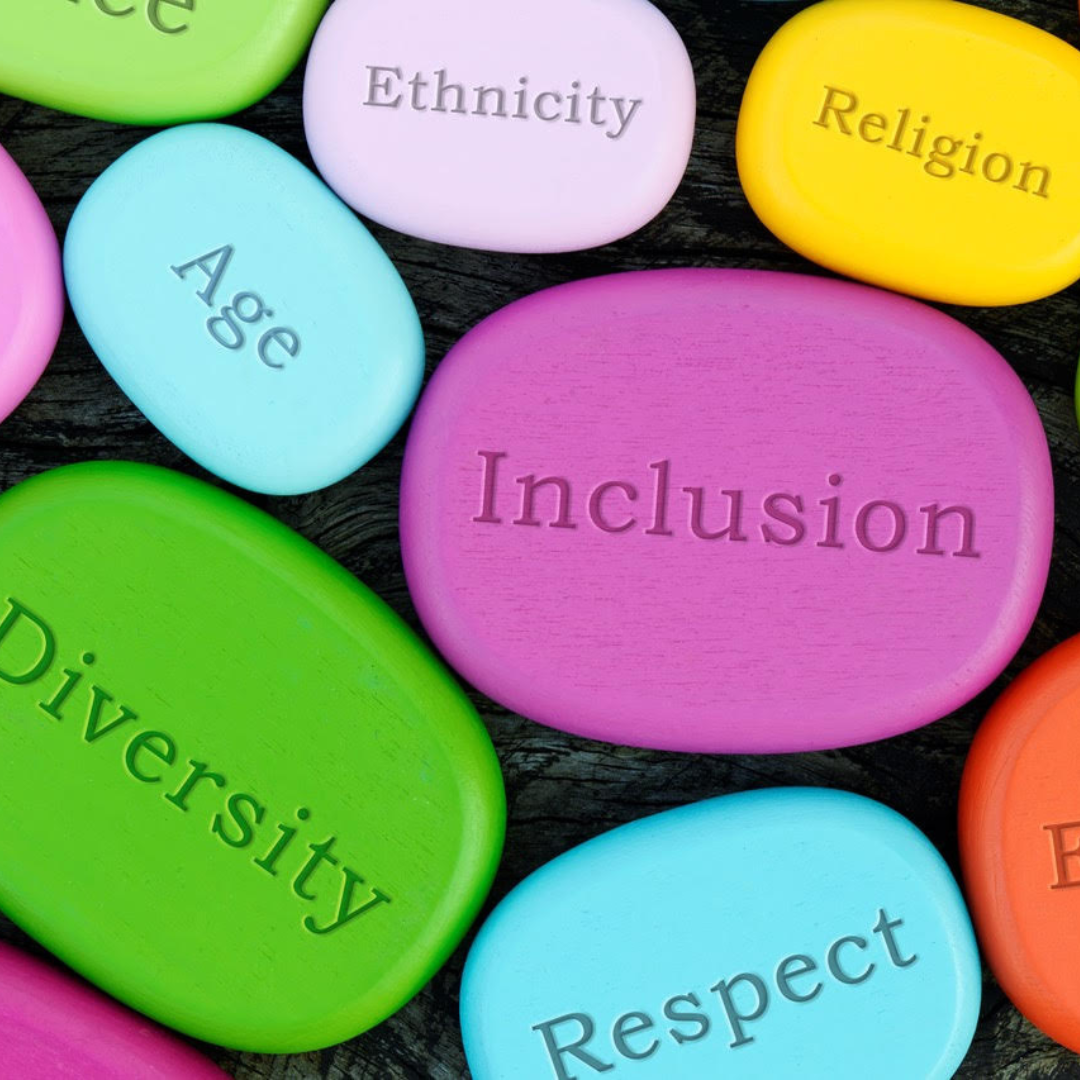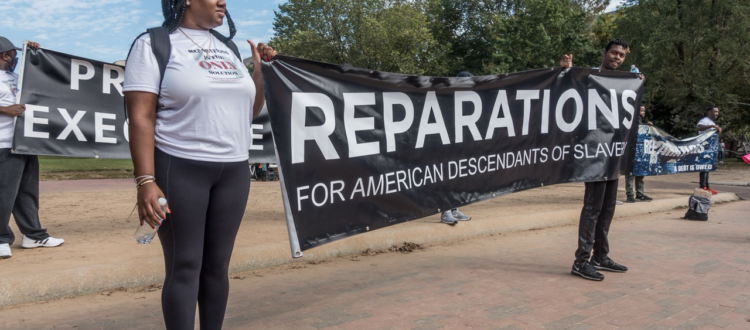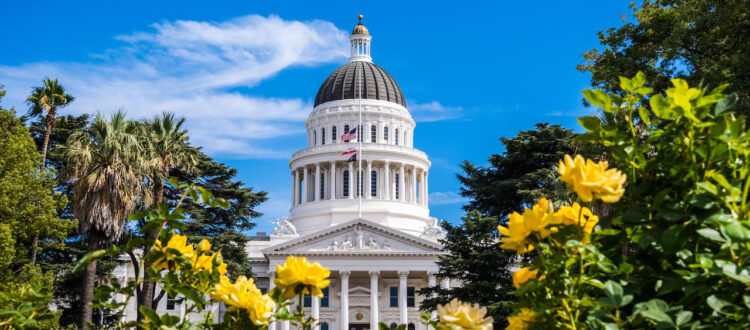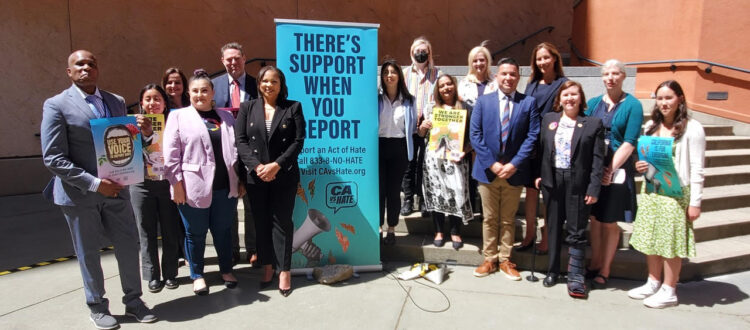Edward Henderson | California Black Caucus
The African American Community Empowerment Council of California (AACEC) is a not-for-profit organization dedicated to ensuring government accountability in enhancing the participation of California’s African American communities in the state’s prosperity.
California, the 5th largest economy in the world, boasts a $3.6 trillion GDP that accounts for 14.3 % of the total U.S. economy.
A basic tenet of the council is that California’s success is built on the strengths and contributions of all its residents. The state’s economic power can only be maintained by acknowledging what makes California strong: the strength of its diversity and the state’s commitment to inclusion. Therefore, the AACEC believes no resident should be left behind or denied access to the state’s prosperity.
Even though California faces a projected deficit of nearly $68 million in next year’s budget, the state is still on relatively strong footing, considering its cash reserves of nearly $38 billion, the largest of any state in U.S. history.
Nonetheless, policymakers and state budget experts expect deep cuts to spending during the next legislative session. In light of this challenge, the AACEC says it will continue to devise strategies to ensure critical funding reaches African American communities, and that state programs positively influence the lives of the families who need it most.
California Black Media spoke with Michael Carter, Chief Consultant at the AACEC, about the organization’s successes, challenges and the impact of its work on California’s Black community.
What does your organization do to improve the lives of Black people in California?
We have adopted pillars focused on economic development, educational improvement, judicial reform, homelessness — issues that plague our community.
Black Californians make up the largest segment of the state’s homeless population. You have a lot of efforts to address the problem with churches and community groups working along with government. The question is: how much of that is getting to our community and improving the lives of Black folks?
So, for us, the bottom line is how do we help the African American community? We are not only interested in African Americans, but that is our focus because we believe our communities require a bit more attention and level setting for where we are economically.
What was your greatest success over the course of the last year?
The Council has made a concerted effort to hold meetings with the Governor and his appointment secretaries to increase judicial appointees throughout the state and within State government to achieve equity in representation. The results of these efforts have been fruitful so far.
We are also extremely proud of Pastor Amos Brown, Co-Chair of the AACEC and Co-Chair of the state reparations task force, and the recently published report on reparations.
The strategy is now shifting our focus to the legislature to ensure it implements the task Force recommendations. This is a great opportunity for all community associations to unify around solutions to this historical effort.
In your view, what is the biggest challenge Black Californians face?
Our community could be better informed on developments and opportunities. We need to find out strategies on how to do that. Black-on-Black crime has had a devastating effect on our communities and not only the issue of safety, but there’s the impact on businesses in the communities as well as housing prices. We treat that very seriously. We anticipate meeting with Attorney General Bonta to address these issues. We must have better management of our communities and rely more on our public representatives as we work toward solutions.
What was your organization’s biggest challenge?
The difficulties are getting results. That’s key. We recognize that the state’s budget is $240 billion annually for the general fund. There is going to naturally be a lot of money appropriated towards various solutions. But how much of this is getting to African Americans? What policy solutions can be in play that directly impact our community? Working to make sure the African American communities are benefitting from state programs is our constant and biggest challenge.
Does your organization support or plan to get involved in the push for reparations in California?
Our focus is to make the task force’s reparations recommendations a reality and create solutions for what essentially is a generational event. There are numerous success stories. We are ready to unify around solutions for reparations and to see where that will take us. It is monumental, it’s generational, and from a historical perspective, what’s done on that issue will have ramifications for years and years.
How can more Californians of all backgrounds get involved in the work you’re doing?
We have monthly meetings that are open, and our registry is approximately 100 members. Unless others start participating, there are no capacity limits. People can see what the issues are, and we speak freely on Zoom calls. It is an open forum. You can see first-hand what occurs with our membership. To get involved, sign up online at AACEC-Cal.org.











